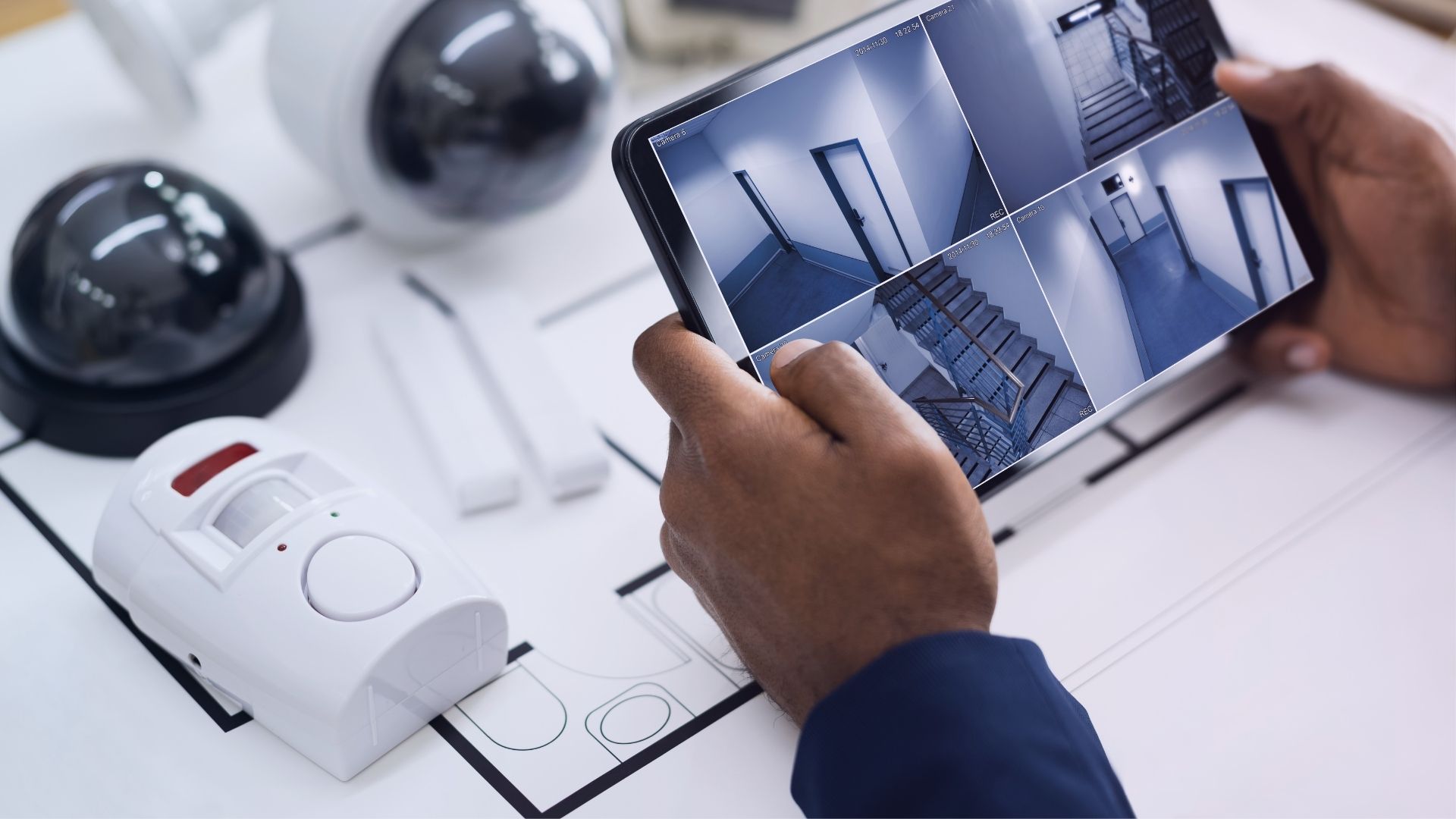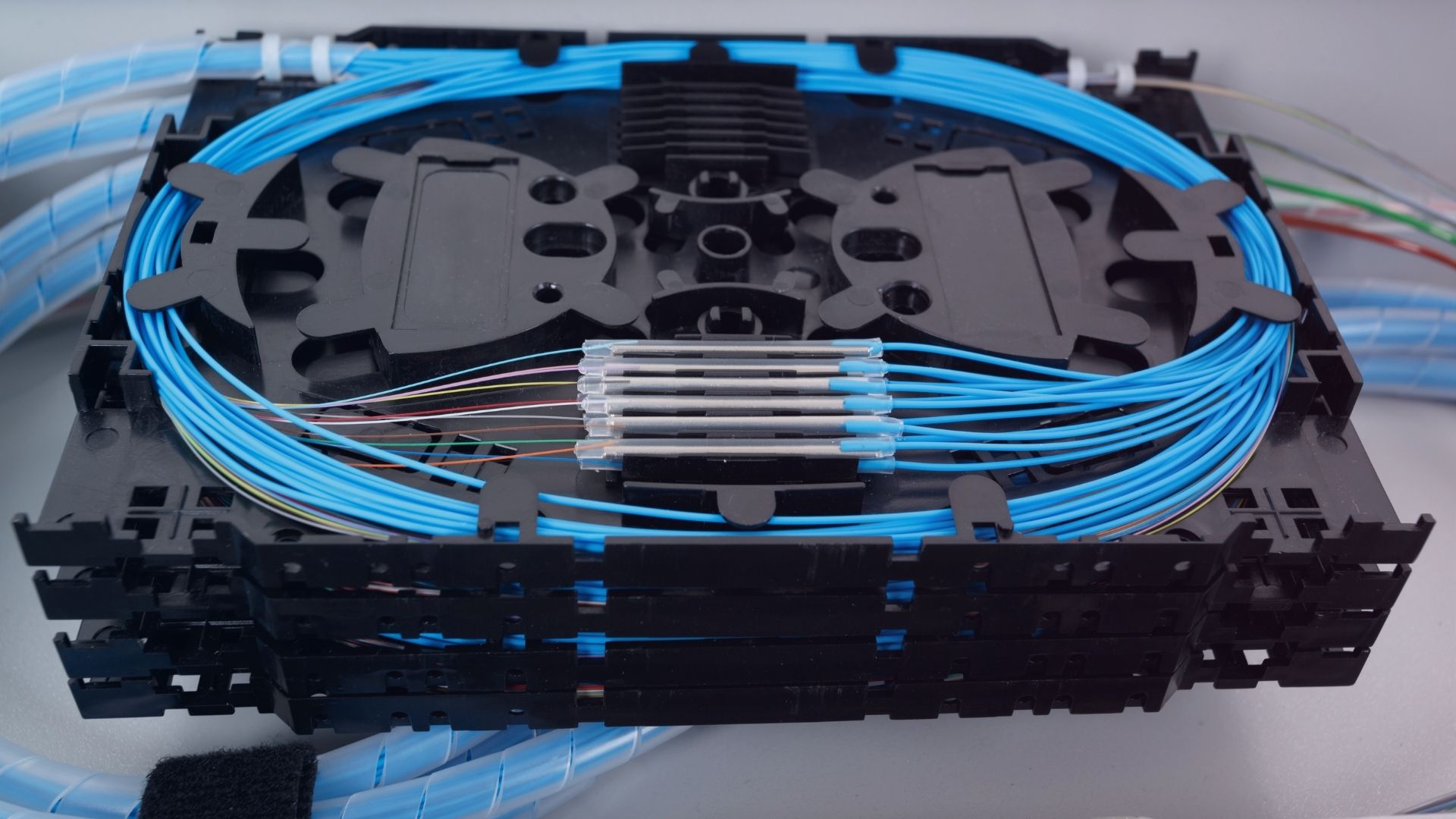The use of CCTV cameras is becoming increasingly common in both domestic and commercial settings. These systems play a crucial role in protecting properties from criminal activity and can also capture incidental events.
While CCTV can be highly effective, it is essential to understand and comply with the legal requirements surrounding its use. This guide provides a clear overview of the laws governing CCTV for both homeowners and businesses in the UK.
Installing CCTV at Home, is this possible?
Yes, you have the right to install CCTV to protect your property. However, before making a purchase and setting up a system, consider the following questions:
- Why do I need CCTV?
- What specific areas do I want the cameras to cover?
- Are there additional security measures I can implement alongside CCTV?
If your cameras capture footage beyond your property boundary, such as public spaces or neighbouring properties, data protection laws may apply. In such cases, you may need to take additional legal steps to ensure compliance.
CCTV Installation on Commercial Properties
Businesses are permitted to install CCTV systems, but they must adhere to strict legal requirements. The key obligations include:
- Clear Signage: Inform people that CCTV surveillance is in operation and state the reason for its use.
- Data Access: Be able to provide recorded footage within 1 month upon request.
- Collaboration with Authorities: Provide footage to the police or other authorities upon request, free of charge.
- Data Retention: Do not retain footage for longer than necessary (31 days is generally standard practice).
Businesses must also comply with additional regulations set by the Information Commissioner’s Office (ICO).
Do You Need Permission to Install CCTV?
For homeowners, planning permission is not typically required. However, if you live in a listed building or a conservation area, restrictions may apply. It is advisable to consult your local planning authority before proceeding.
For commercial properties, businesses must register with the ICO and conduct a Privacy Impact Assessment before installing CCTV. Compliance with data protection laws is mandatory.
Is CCTV Covered by the Data Protection Act (DPA)?
Yes, all CCTV usage, whether domestic or commercial, falls under the scope of the Data Protection Act (DPA) and is regulated by the ICO. A Data Privacy Impact Assessment is highly recommended to ensure you do not infringe on individuals’ privacy rights.
How to Comply with the DPA
For Homeowners
Domestic CCTV use can be controversial. To ensure compliance:
- Have a valid reason for installing CCTV.
- Clearly define the areas under surveillance and inform neighbours if they may be affected.
- Display visible signs indicating CCTV is in operation.
- Position cameras to avoid capturing neighbouring properties; if unavoidable, consider privacy masking.
- If your CCTV records beyond your property boundary and you do not use privacy masking, you must register as a CCTV operator with the ICO.
- Do not record conversations between members of the public.
- Retain recordings only as long as necessary (31 days is standard practice).
- Ensure the date and time settings are accurate.
- Use footage solely for security purposes.
For Businesses
Commercial CCTV usage comes with stricter regulations:
- Register as a CCTV operator with the ICO and state the intended purpose of the system.
- Conduct and publish a Privacy Impact Assessment.
- Provide contact details of a responsible person for enquiries or complaints.
- Clearly display signage indicating CCTV surveillance.
- Ensure staff are aware of policies and responsibilities regarding CCTV use.
- Keep footage secure and limit access to authorised personnel.
- Do not record conversations between members of the public.
- Follow recognised technical and operational standards.
- Do not install CCTV in private areas such as changing rooms and toilets.
- Regularly audit CCTV operations for legal compliance and document findings.
- Maintain an accurate and up-to-date reference database.
When Can CCTV Footage Be Shared?
CCTV footage may be shared under specific circumstances, including:
- Police Investigations
- Legal Proceedings or Insurance Claims
- Subject Access Requests (Individuals may request footage of themselves, but recordings involving third parties may be restricted.)
For example, in a road traffic collision involving multiple individuals, only law enforcement, insurers, or solicitors would have the legal authority to request the full footage.
Can Employers Use CCTV to Monitor Staff?
The General Data Protection Regulation (GDPR) provides strong data protection rights for employees. Employers cannot use CCTV footage for purposes beyond its intended scope. For instance, if CCTV is installed to deter shoplifting, it should not be used to monitor employees during breaks. Employers must ensure CCTV usage does not undermine trust between them and their employees.
Using CCTV Responsibly
Whether you are a homeowner or a business owner, it is your legal responsibility to ensure CCTV usage aligns with data protection laws. The individual responsible for determining how and why CCTV footage is collected is known as the ‘Data Controller’ under the DPA.
Failure to comply with ICO guidelines or the DPA could result in substantial fines. For businesses, non-compliance can lead to penalties of up to £17 million or 4% of annual turnover, whichever is higher. Misusing CCTV can have serious legal consequences, so it is crucial to operate within the law.
By adhering to these regulations and best practices, you can use CCTV effectively while respecting privacy laws and protecting your property.


